Your Trip, Your Way
Pick from our curated packages for an easy start, or work with our specialists to design a custom itinerary that fits your group perfectly.
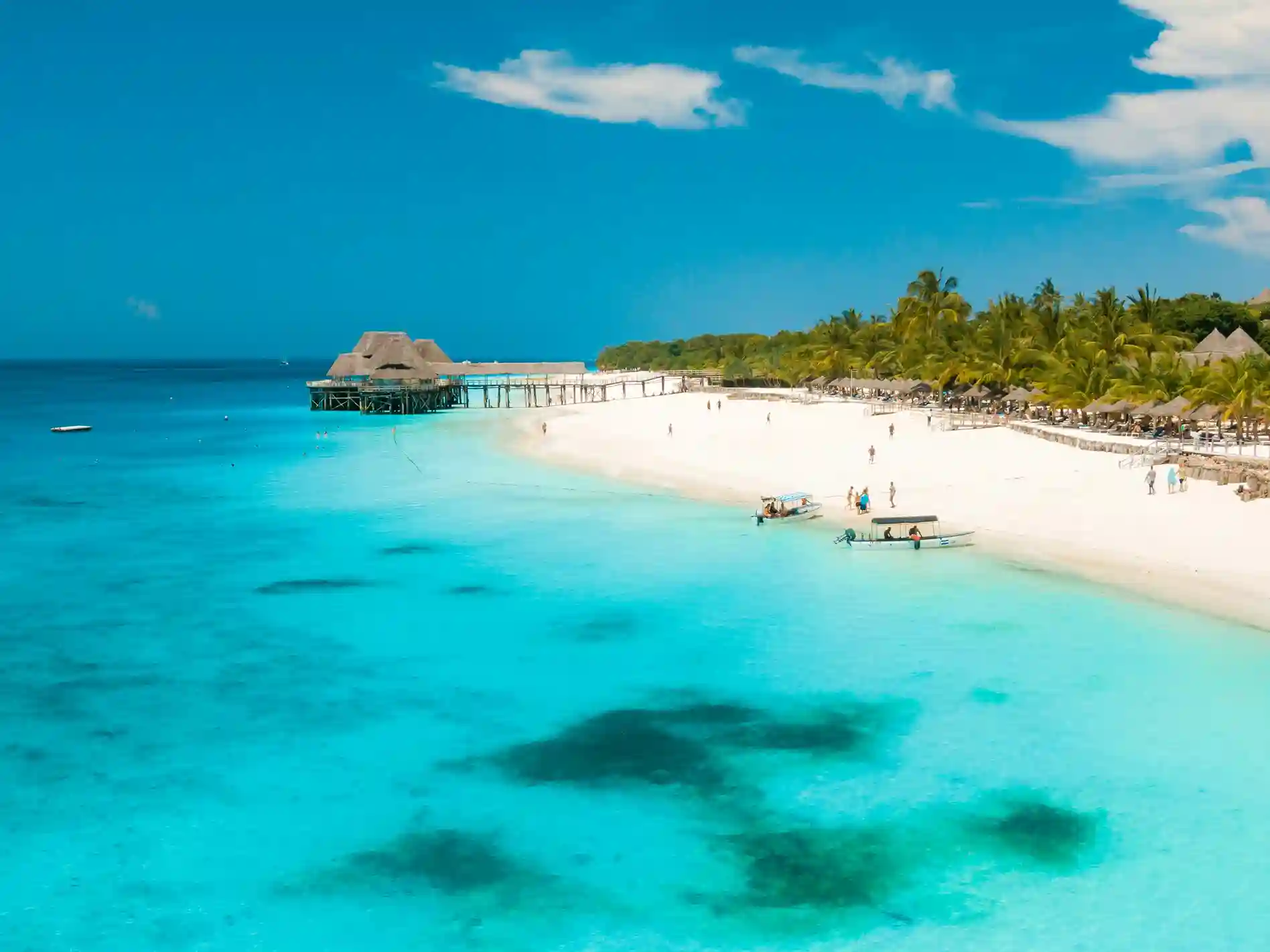
Picture this: you’re sipping a fresh madafu—Zanzibar’s famous coconut water straight from the shell—on a spectacular white beach, the Indian Ocean sparkling like it’s trying to show off, and the vibe is pure magic.
This delightful, electrolyte-rich beverage perfectly quenches your thirst in Zanzibar’s tropical heat, keeping you hydrated as you bask in the sun with effortless ease. Swahili culture, spice-scented breezes, and history-soaked streets collide to create a destination that’s equal parts chill and thrilling.
I haven’t technically been there yet, but I’ve planned this trip in my head so many times, I can practically taste the Zanzibari pizza from Forodhani Market. From wandering Stone Town’s maze-like alleys to snorkeling with fish that look like they escaped an art gallery, this island’s got it all—whether you’re craving adventure, relaxation, or a little bit of both.
I’m about to let you in on twelve epic things to do in Zanzibar that’ll make you want to book a flight yesterday. Do these encounters excite you: sunset dhow cruises, monkey-spotting in jungles, and spice tours that’ll have you sniffing cloves like a pro?
For each activity, I’ve got you covered with tips on what to wear (hint: neutral vibes to dodge those pesky tsetse flies), how to act like a respectful traveler, practical stuff like costs and timing, and safety pointers to keep your trip smoother than a Kendwa Beach sunset. So, grab your shades, and let’s dive into the top twelve ways to make Zanzibar your next obsession!

Reviewed with our Kenya specialist to add authentic knowledge of wildlife and traditions.
Okay, let’s say you’re headed to Zanzibar with just enough time to hit the highlights—here are our top four picks to soak up the island’s magic without missing a beat.
Start with Stone Town, where you’ll get lost in UNESCO-listed alleys that feel like a Swahili time machine, bursting with history and vibrant markets; it’s a half-day well spent.
For a splash of adventure, swim in the mystical Kuza Cave, a sacred freshwater pool surrounded by jungle that’s as refreshing as it is Instagram-worthy.
Don’t sleep on a clear kayaking tour in Menai Bay either—gliding over coral and fish in a see-through boat is pure fun.
These gems are just a sneak peek of the 12 epic adventures we’ve got lined up below, packed with tips on wearing neutral outfits, dodging tsetse flies, nailing local etiquette, and staying safe so you can focus on the good stuff. From culture to beaches to wild experiences, Zanzibar’s calling—dive into the full list to plan your perfect trip!
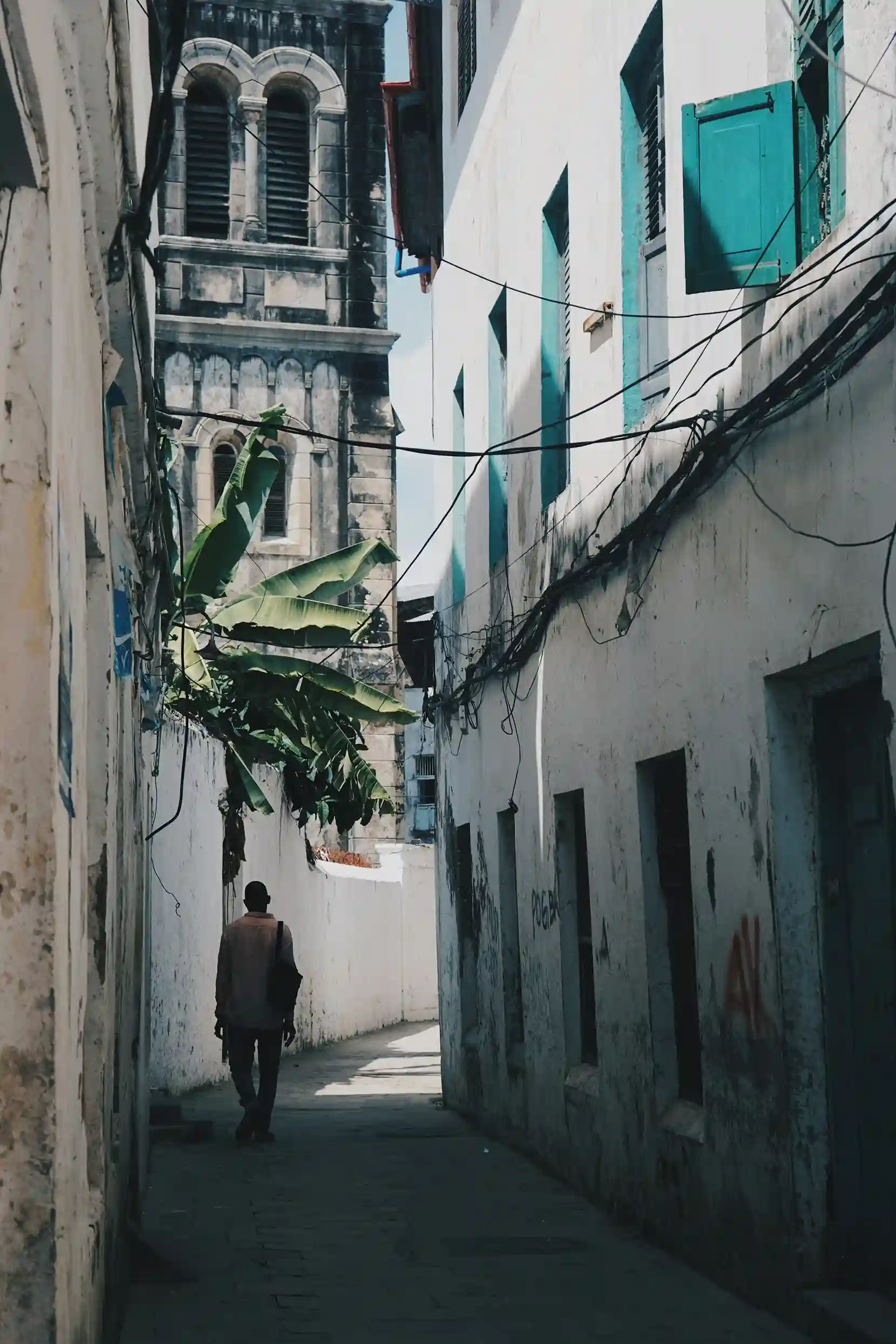
Explore Stone Town’s UNESCO-listed alleys, visiting landmarks like the House of Wonders and Old Fort for Swahili history.
The town earned its UNESCO World Heritage status thanks to its rare 19th-century architectural blend of European, Indian, Arabian, and Persian influences that shaped the foundations of Swahili culture.
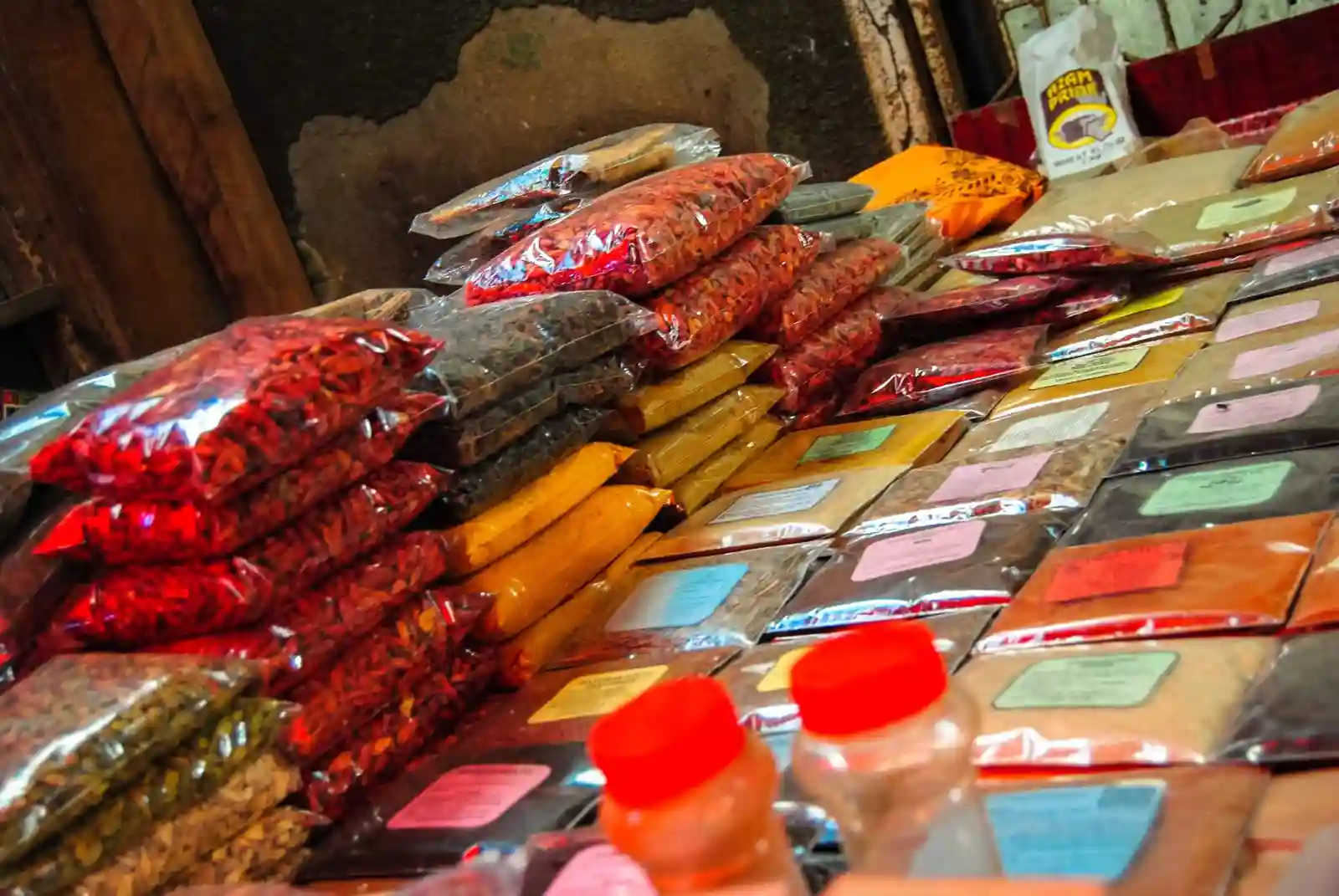
Browse Darajani Market for crafts, fabrics, and spices like saffron. The two most popular souvenirs are the Kangas and Kikois (brightly patterned fabrics) worn by women and men in Zanzibar.
You will find wood carvings, paintings, and Maasai jewelry in these markets, and what should you keep in the back of your mind?

Visit Shamba, an organic plantation, to taste and learn about cloves, nutmeg, cinnamon, vanilla, pepper, and ginger.
This is a sensory tour including fruit such as mangos, jackfruit, and papayas.
You will learn the true reason why Zanzibar was called “Spice Island.”
Here are some practical tips to know before you go.

Taste Zanzibari pizza and grilled seafood at this Stone Town evening market.
Forodhani means “customs” and is close to the customs house. It is a garden laid out in 1936 in honor of the Sultan Khalifa’s silver jubilee.
It opens at 5 or 6pm and does not have a set closing time.
Tips to keep in mind:
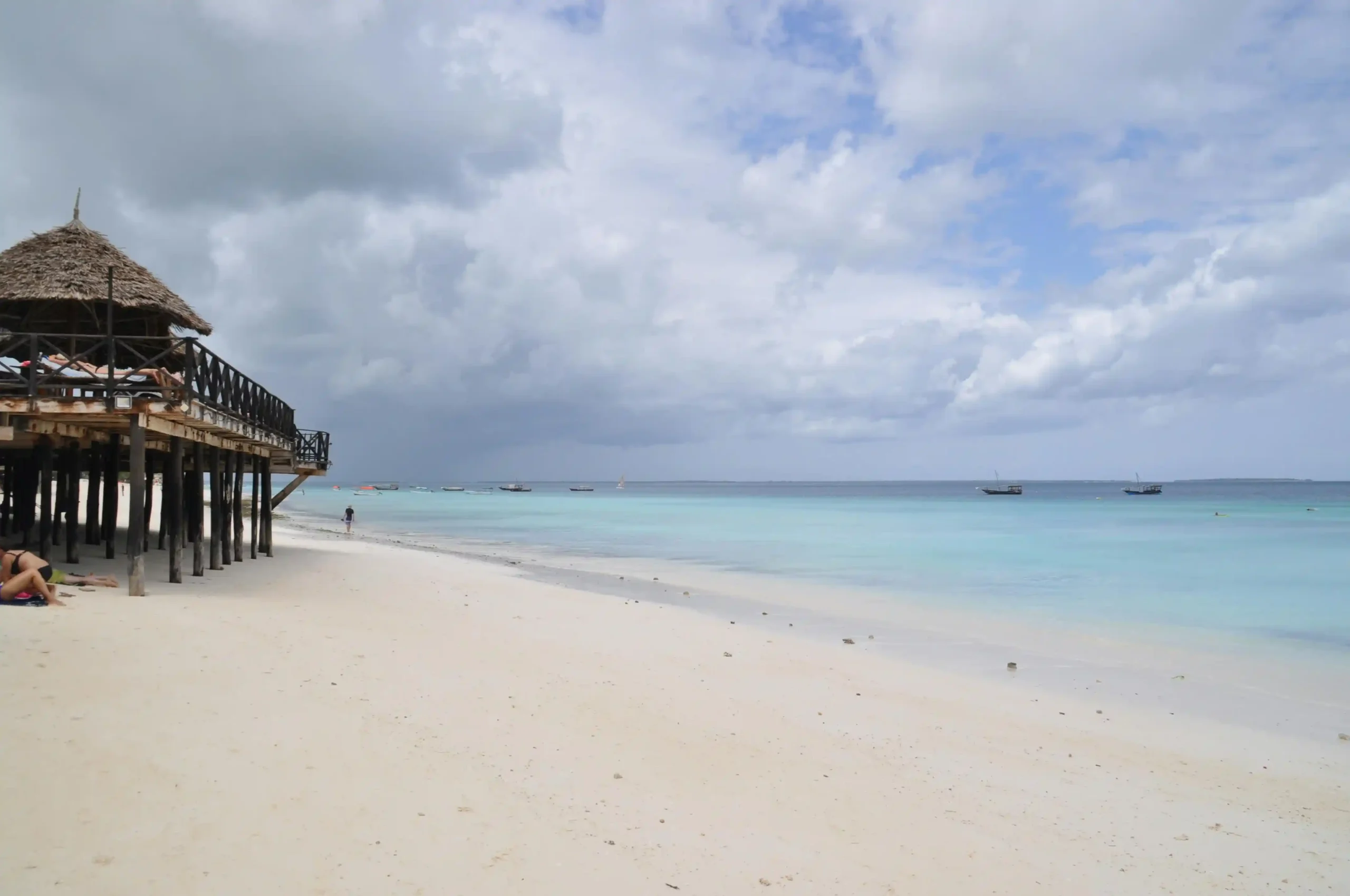
Unwind on Zanzibar’s northern beaches with white sand and lively beach clubs.
Kendwa is a quiet, relaxing, and spacious beach.
Nungwi is busier and has more amenities, such as bars and restaurants.
You may swim or snorkel at almost any time of day because these beautiful beaches are not affected by the tide.
What should you know before going?
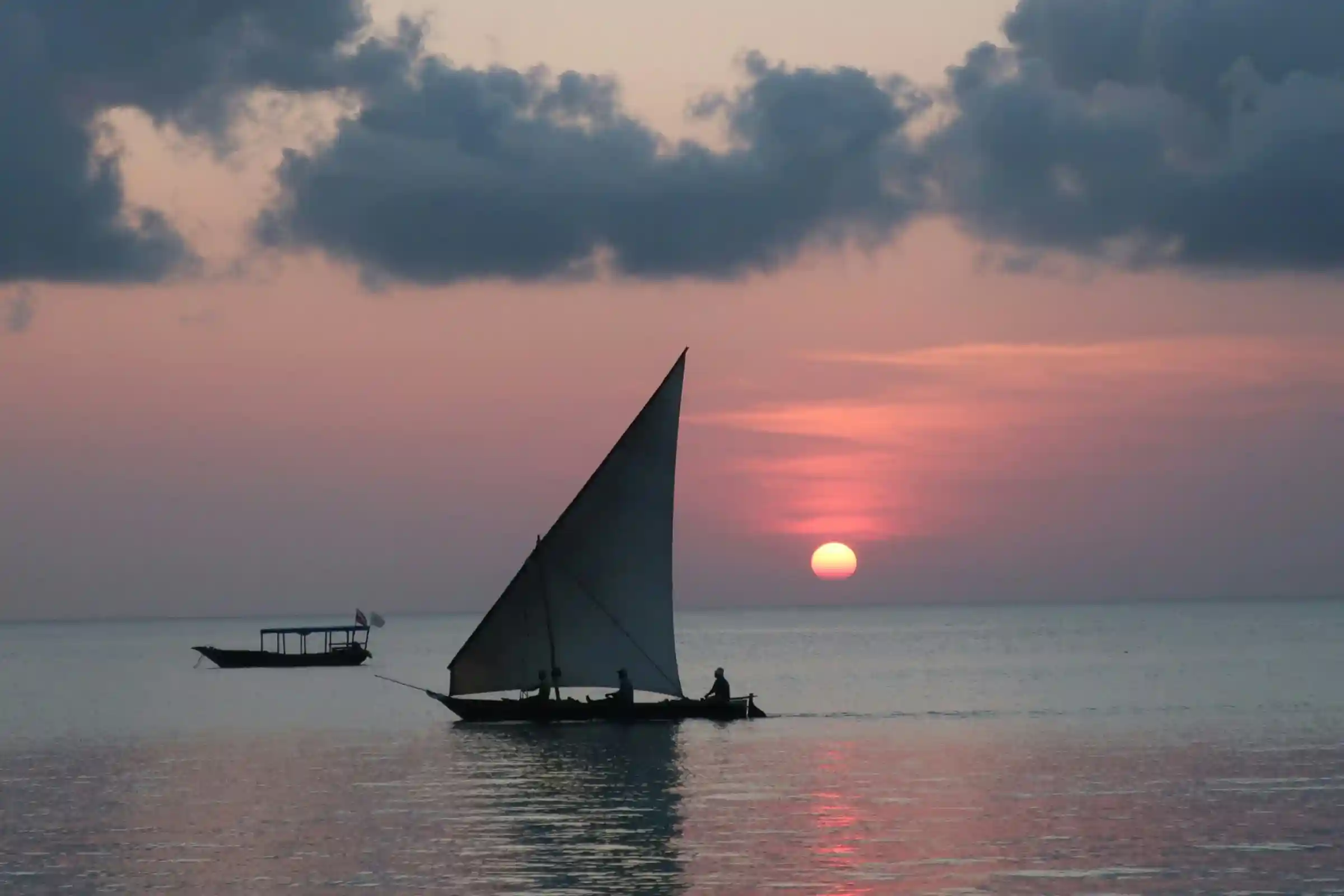
Sail on a traditional wooden dhow (Arab or Indian historic sailing vessel) with drinks, enjoying Indian Ocean sunsets.
Enjoy traditional coastal music as you sway gently with the sun setting.
Book in advance since these sunset cruises are very popular and sell out fast.
Tips to keep in mind:
Pick from our curated packages for an easy start, or work with our specialists to design a custom itinerary that fits your group perfectly.
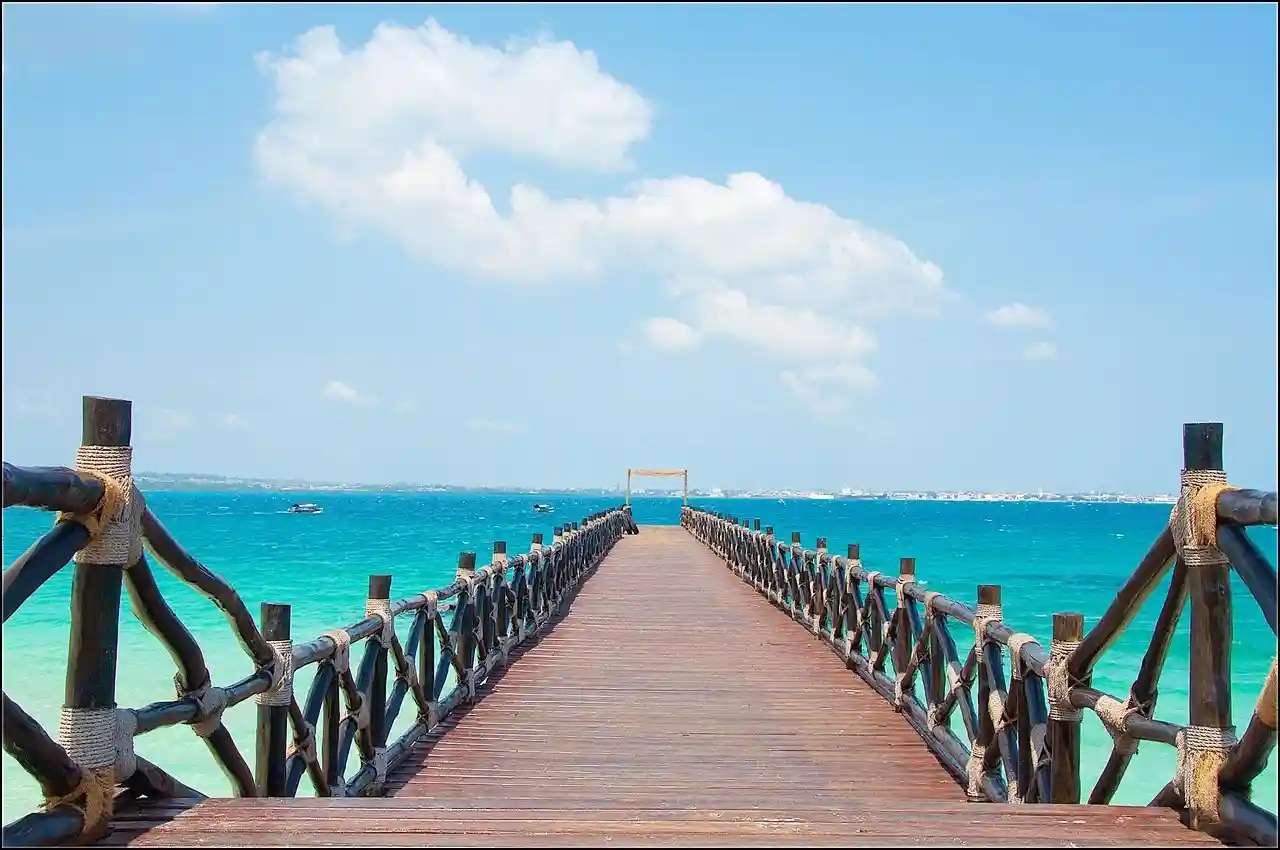
Visit this island for its giant tortoise sanctuary and snorkeling, a short boat ride from Stone Town.
You will learn the true reason why this island is called “Prison Island.”
Plan to travel to this island in the dry season, which is June to October and December to February.
The following tips are given for your best adventure.

Trek Jozani-Chwaka Bay National Park to see endemic red colobus monkeys and mangroves.
Jozani Forest is the home for the entire red colobus monkey population in the world.
While visiting, try to keep these tips in mind.

Join ethical dolphin-watching tours from Kizimkazi, with chances to swim with wild dolphins.
Early morning (6-9am) tours are best to spot these dolphins.
Because the dry season has the calmest seas, visit between June and October and December and February.
Try and remember these tips.
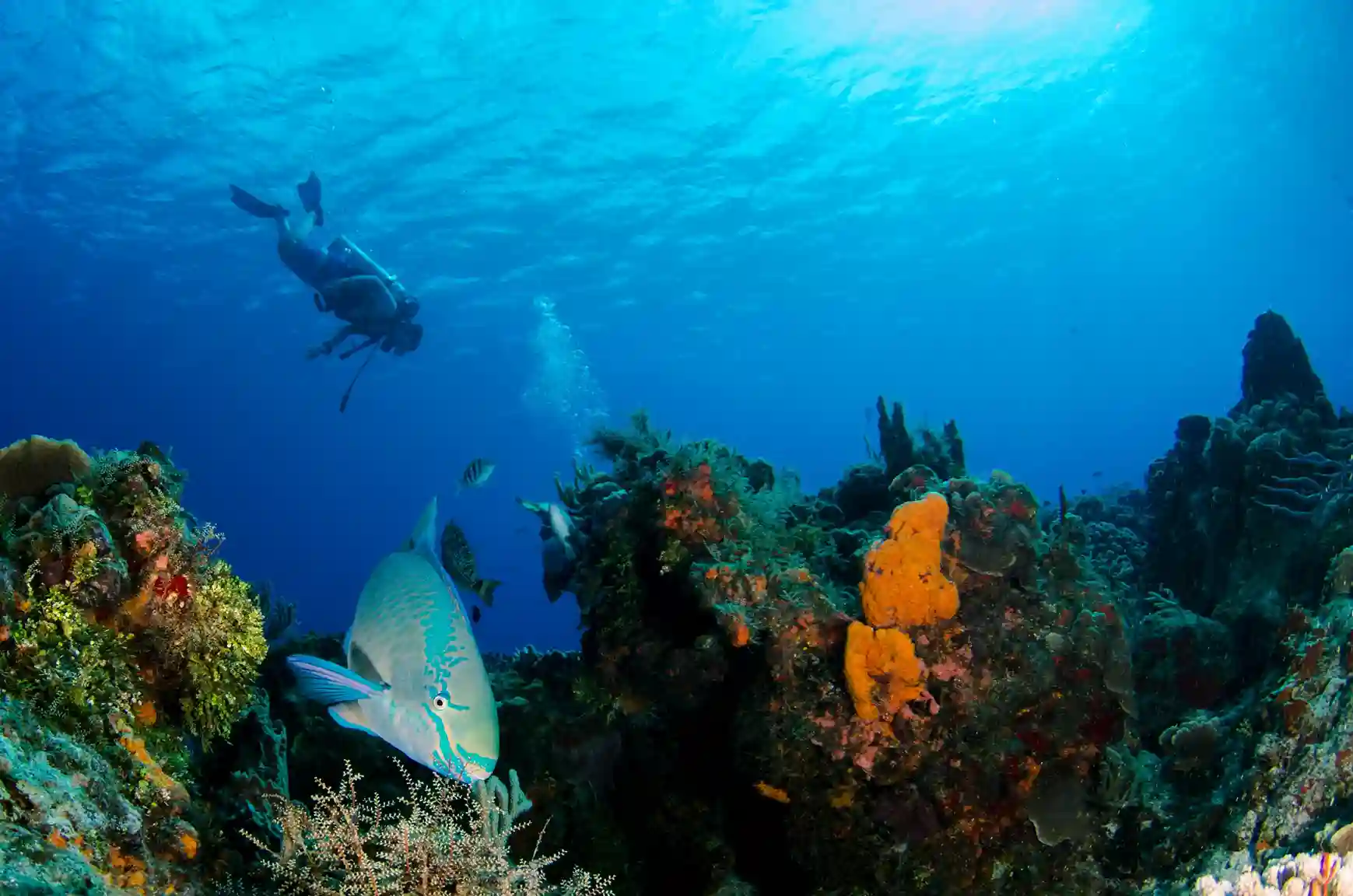
Discover vibrant coral reefs and sea turtles at Mnemba Atoll. This place is ideal for snorkeling and diving.
You could be at any level and enjoy seeing the beauty of the coral reef and its secret gems, such as parrotfish, butterfly fish, and sea turtles.
What should you keep in mind?
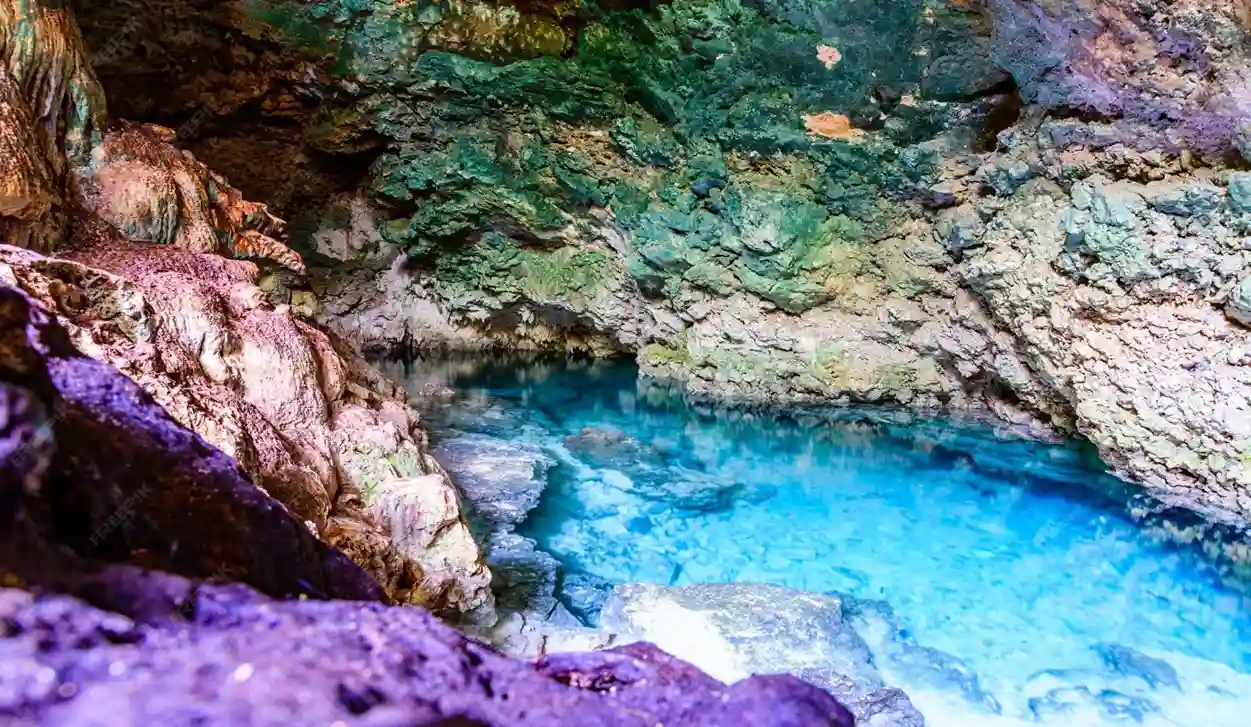
Dive into the crystal-clear, turquoise freshwater pool of Kuza Cave in Jambiani. This cave is an ancient limestone sinkhole sacred to locals, surrounded by jungle and cultural exhibits like Swahili history artifacts.
What should you know before traveling here?
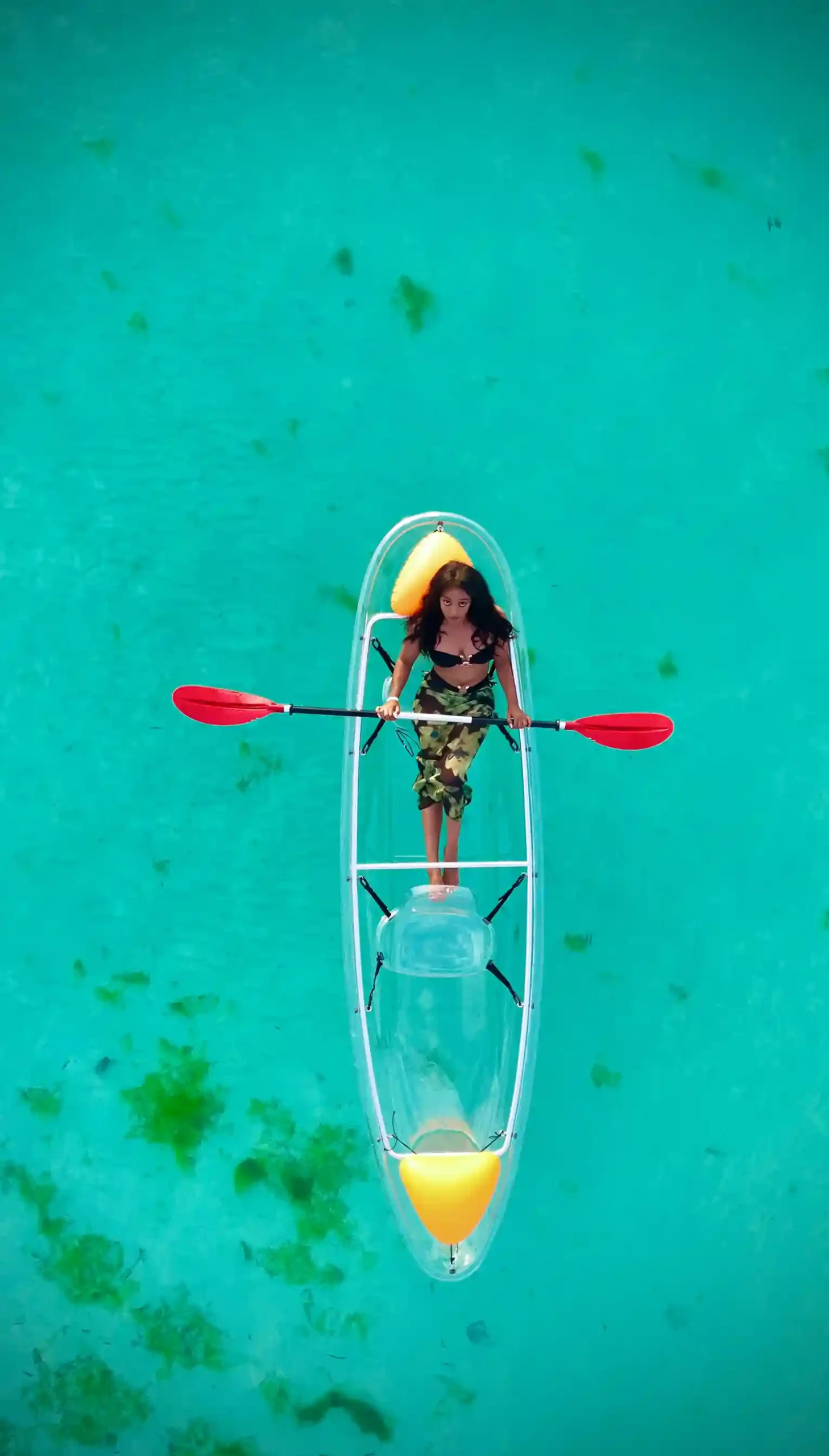
Glide through mangroves or coastal waters on a transparent-bottom kayak, spotting colorful fish, corals, and marine life from above without getting wet.
This is perfect for eco-friendly exploration in areas like Menai Bay.
Tips before traveling:
In conclusion, 12 activities await to make you fall head over flip-flops for Zanzibar. From sniffing spices like a culinary detective to paddling a see-through kayak like you’re starring in a nature documentary, this island deserves a spot at the top of your bucket list.
I’m already packing in my head, picturing turquoise Kuza Cave waters and sunset dhow sails. Zanzibar blends laid-back beaches, vibrant Swahili culture, and adventures that feel straight out of a postcard.
At US Group Travel, we make it easy to pair your island escape with an african safari for the ultimate trip—lions by day, madafu by night. From custom safaris to Zanzibar add-ons, we’ll handle the details so you can dive right into the magic (and yes, taste that famous Zanzibari pizza).
This itinerary blends safari highlights in Kenya with time to unwind on Zanzibar’s beaches. You’ll witness wildlife on game drives, then shift gears to soak up the island’s turquoise waters, spice-scented breezes, and Swahili culture.
What to expect
For travelers who want a deeper dive into East Africa, this extended journey combines multiple safari parks with several days on Zanzibar. It’s the ultimate mix of wildlife encounters, cultural discovery, and tropical escape.
What to expect
Do I Need a Visa to Visit Zanzibar?
Yes. Most travelers need a Tanzanian visa (covers Zanzibar). US, UK, and EU citizens can get one on arrival ($50–100, 90 days) or apply online. Bring USD cash for easy payment.
How Do I Get to Zanzibar from Mainland Tanzania?
You can fly (20–30 minutes, $50–100) or take a ferry (2 hours, $35–60) from Dar es Salaam. Flights are faster; ferries give scenic ocean views.
Is Zanzibar Safe for Solo Travelers?
Yes, it’s generally safe. Stick to busy areas, avoid walking alone at night, use trusted taxis, and dress modestly.
What Currency Is Used, and Can I Use Credit Cards?
Tanzanian Shilling (TZS) is official, but USD is widely accepted. Cards work in major hotels/restaurants, but cash is preferred in markets.
What Vaccines or Health Precautions Are Needed?
Yellow fever vaccine is required if from endemic areas. Malaria prevention, Hepatitis A, and typhoid are recommended. Use DEET, drink bottled water, and avoid ice.